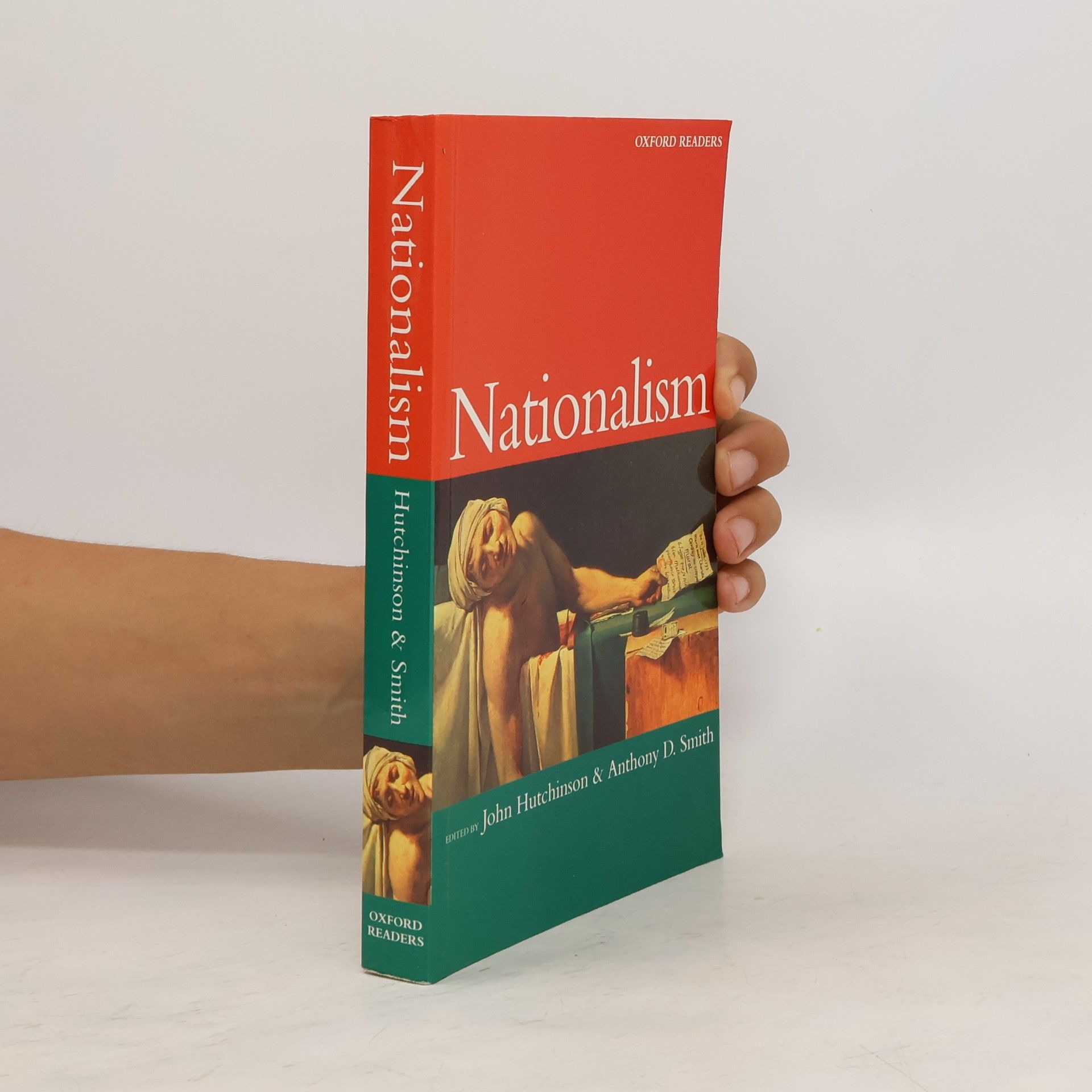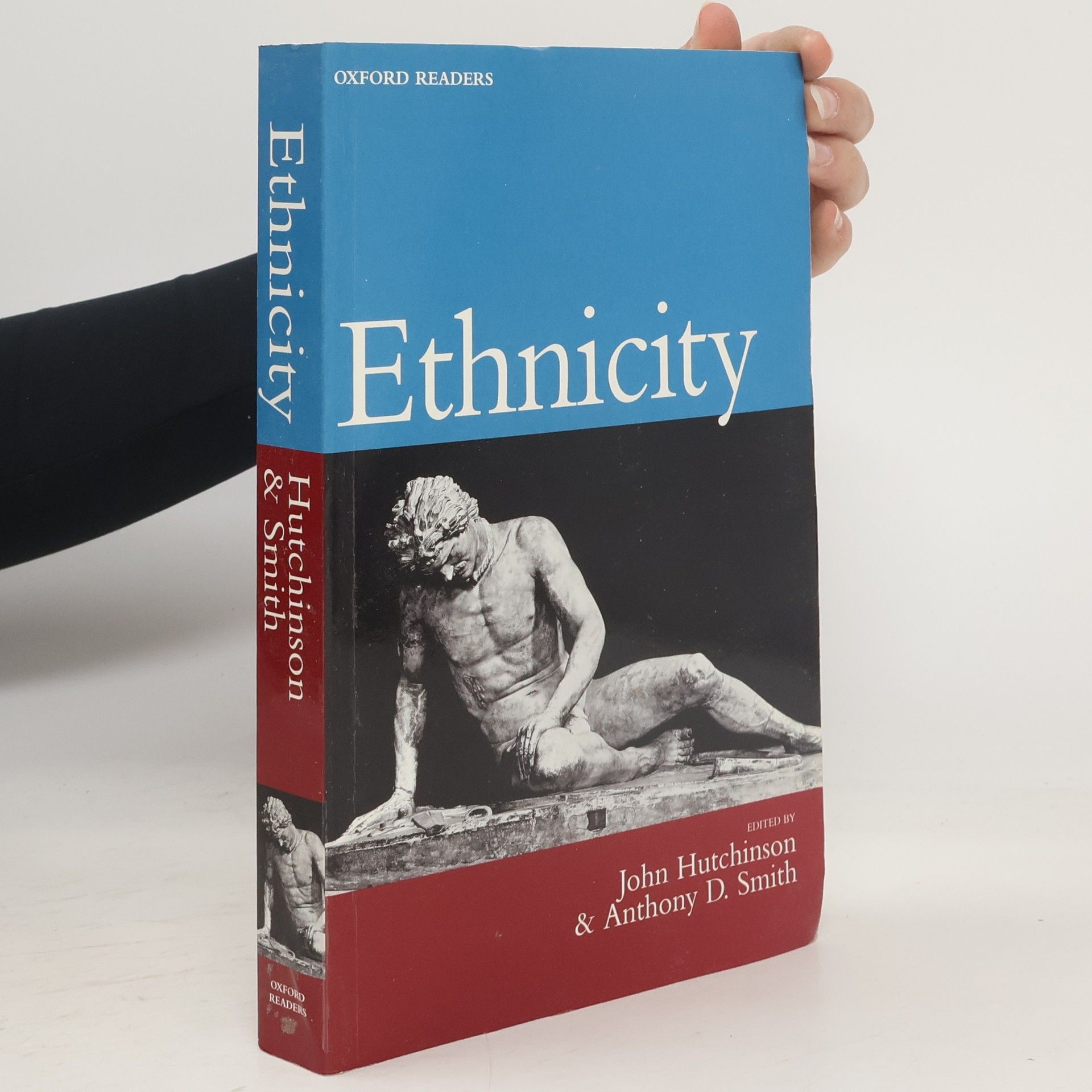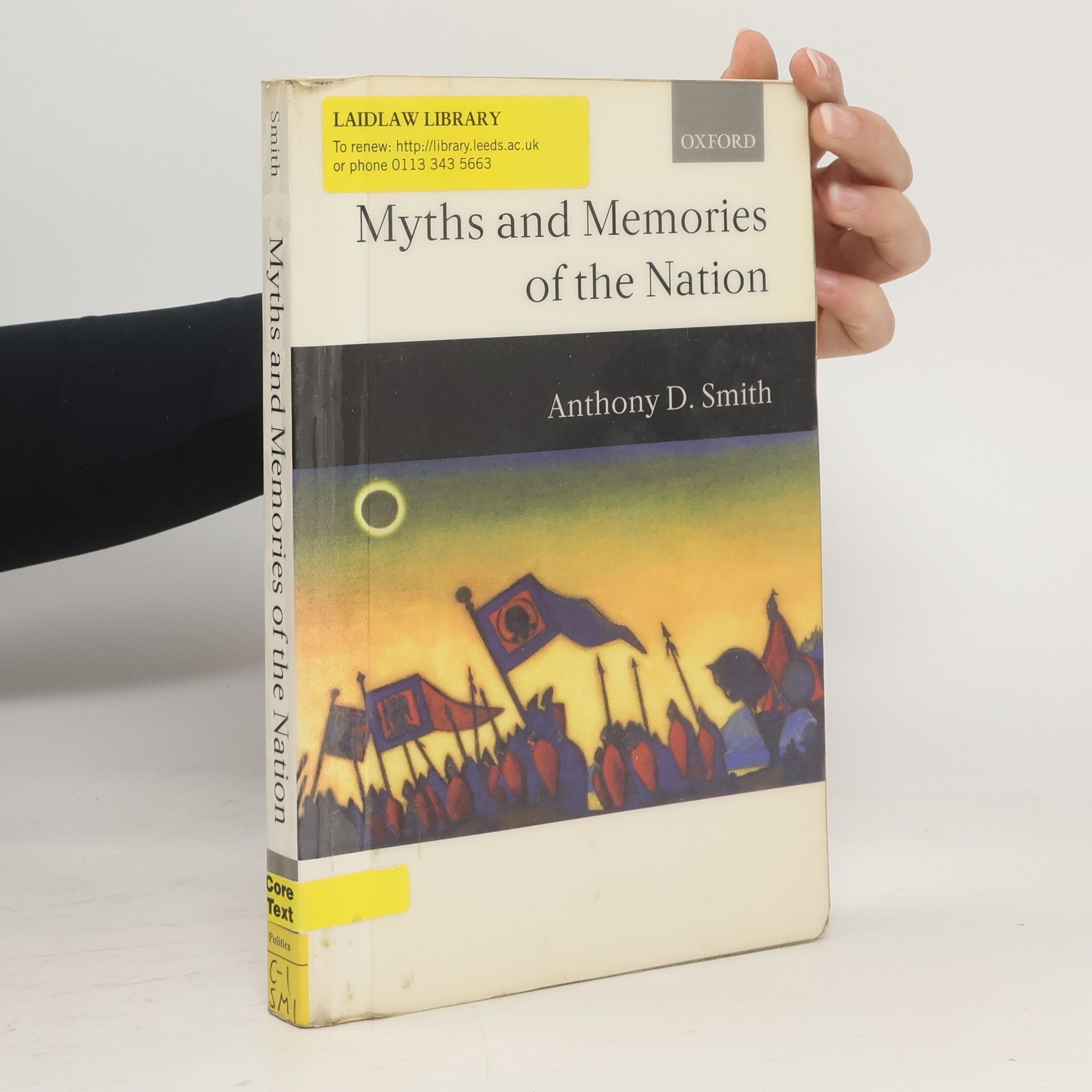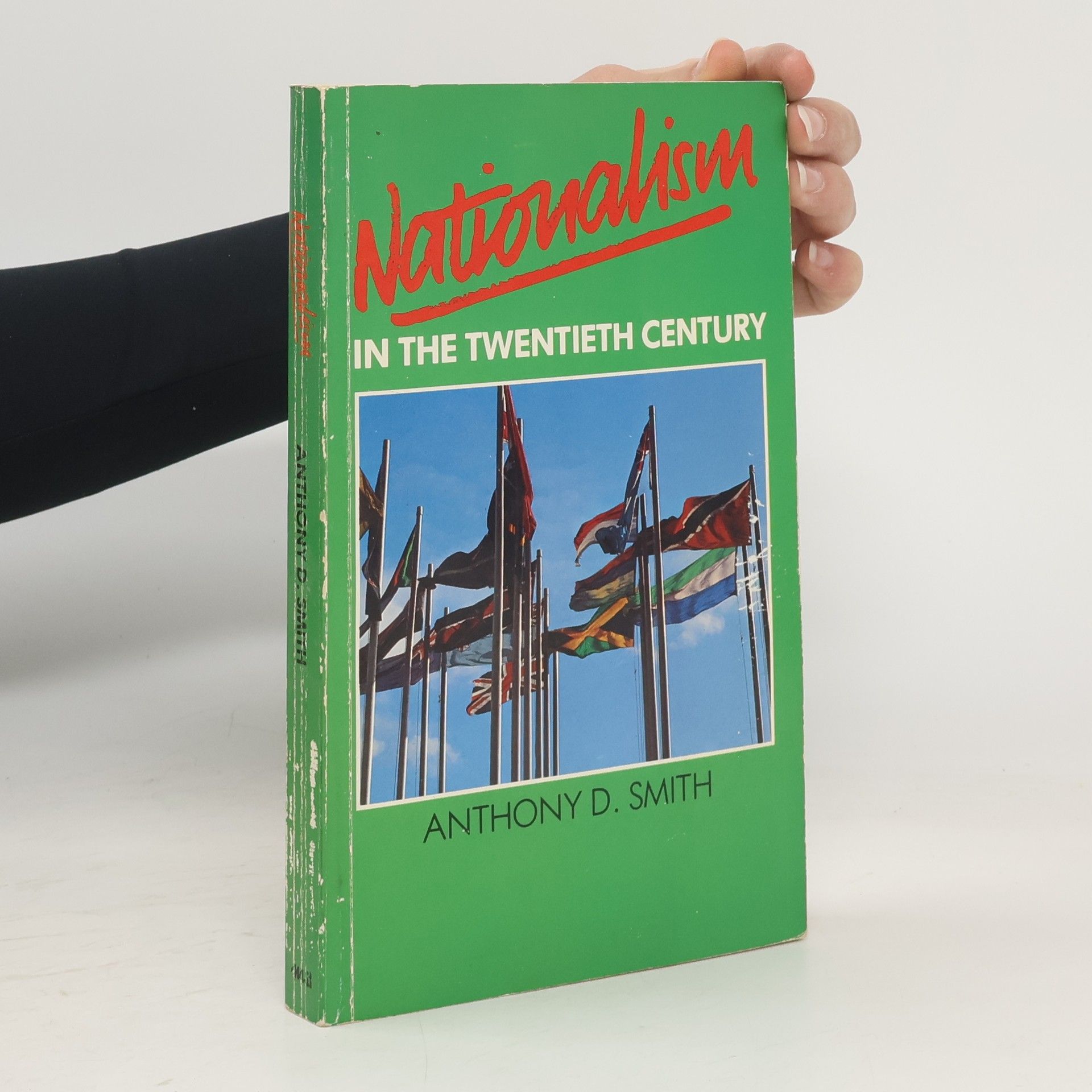The Nation in History
Historiographical Debates About Ethnicity and Nationalism
- 144pages
- 6 heures de lecture
The book offers a detailed analysis of the debates surrounding ethnic communities, nations, and nationalism, exploring various historical perspectives. Anthony D. Smith examines the contributions of historians, political scientists, and sociologists, addressing key issues such as the origins of nations and the impact of nationalism on social change. Using examples from Persia, Israel, and Greece, he illustrates different ethnic and national identities, ultimately advocating for his ethno-symbolist approach as a valuable framework for understanding nationalism's complexities.





